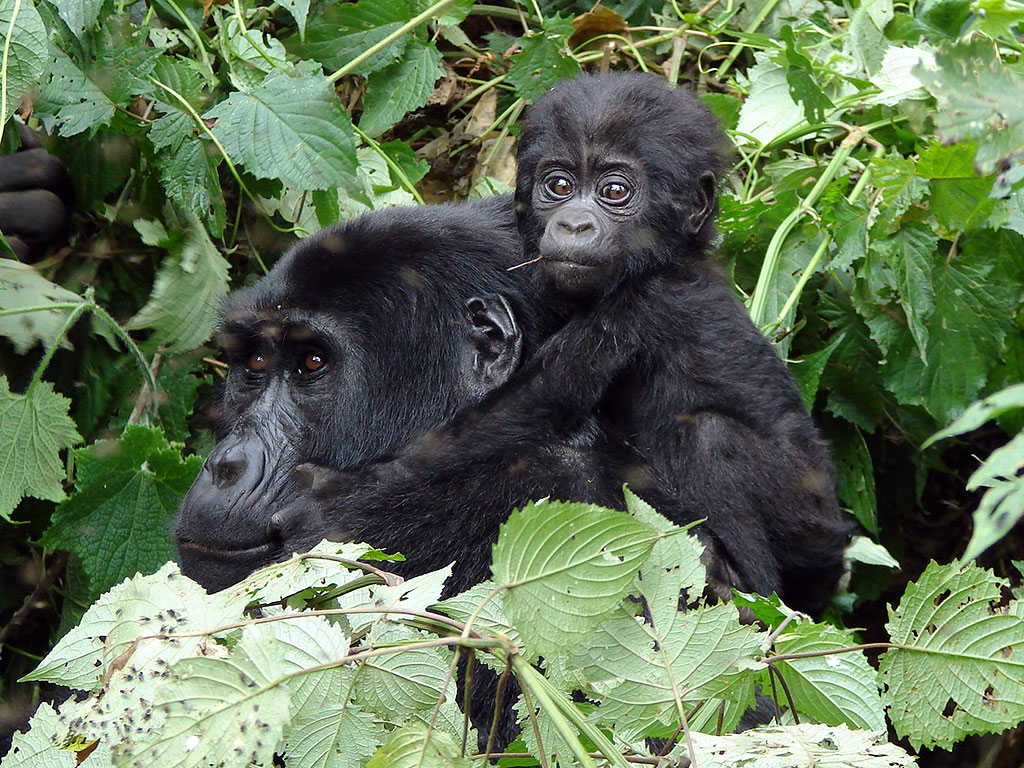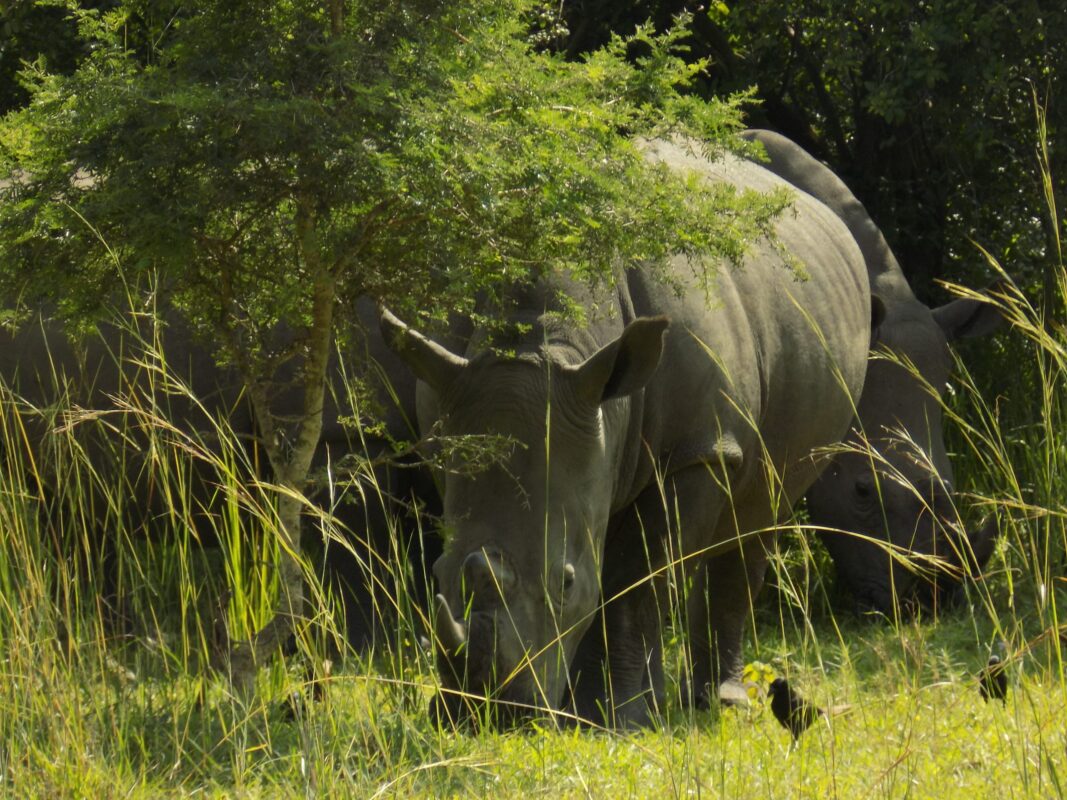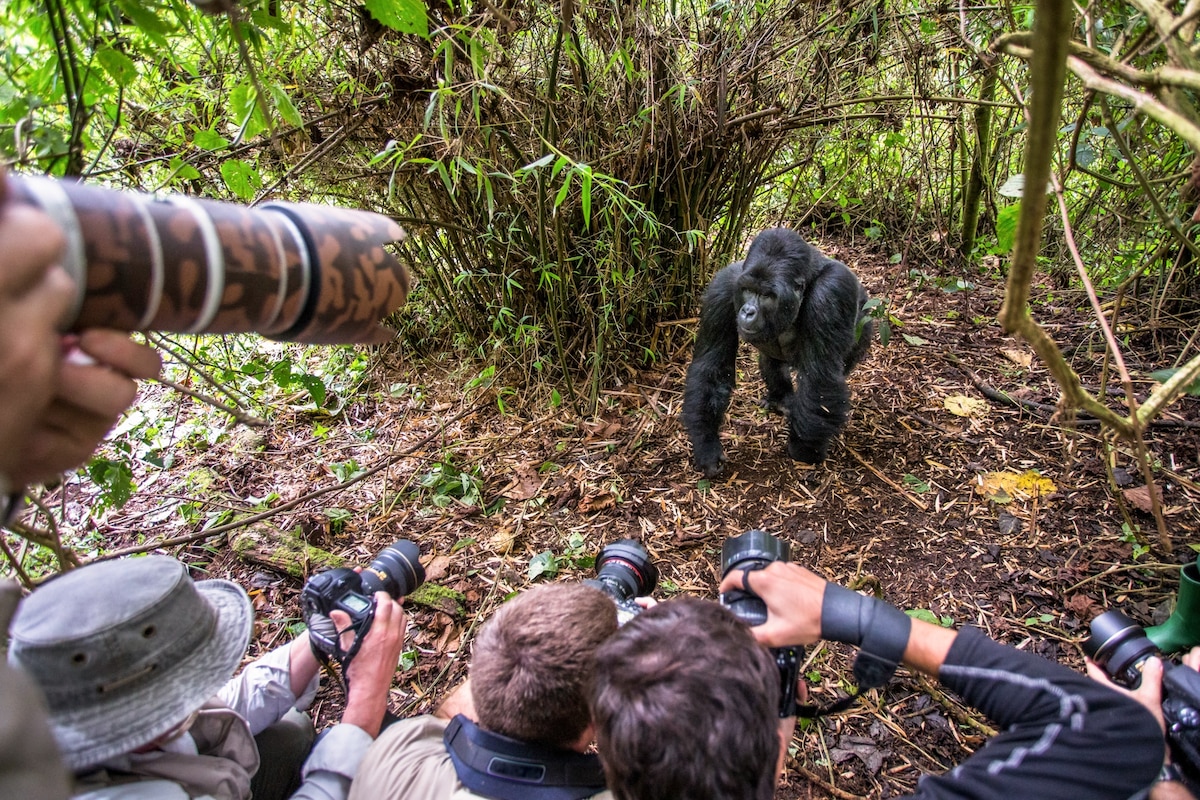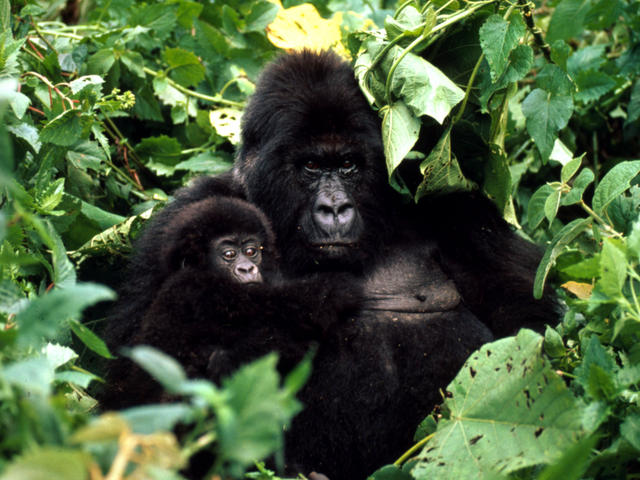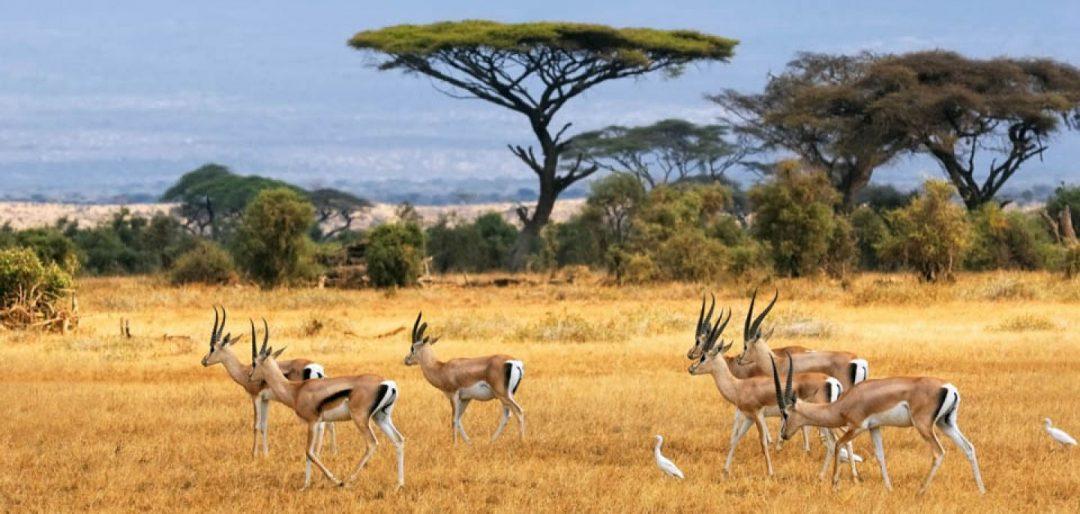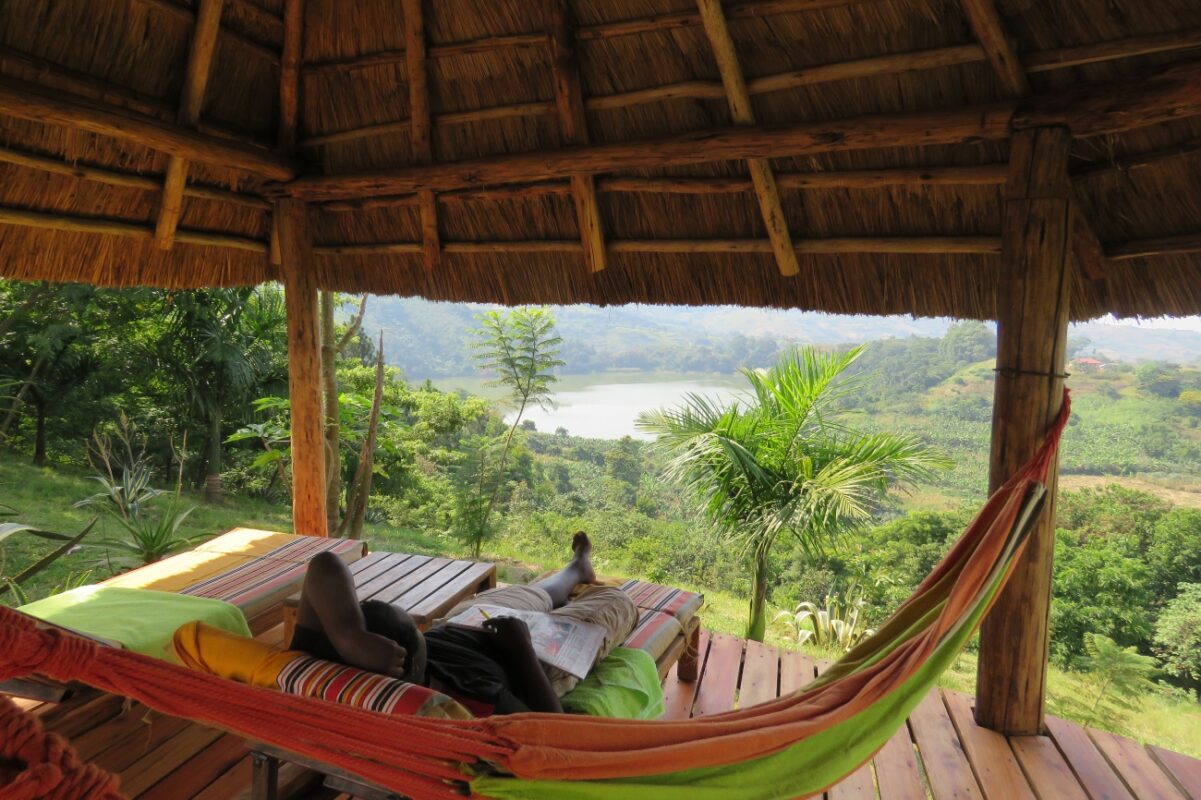
Best Uganda Holidays to Explore Uganda the Pearl of Africa
July 15, 2021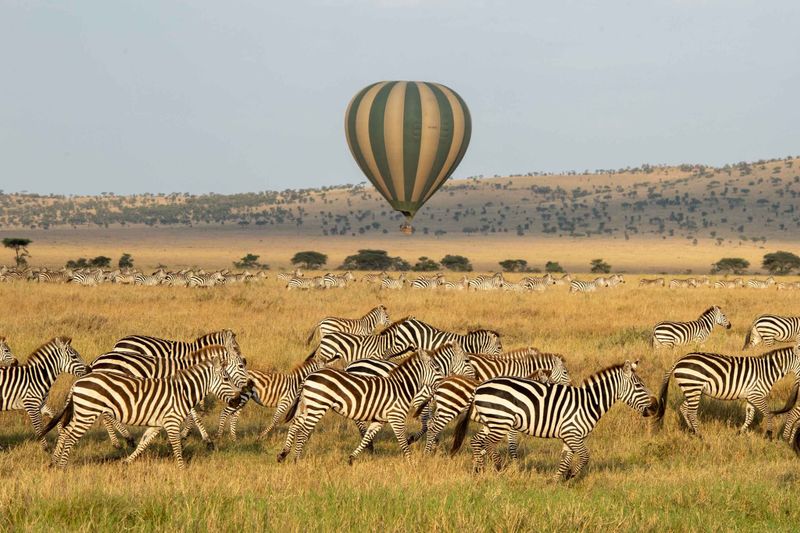
Hot Air Balloon Experience Serengeti –A Luxury Tanzania Safari Experience
July 21, 2021Gorilla Trekking & COVID-19 – New Changes with Guidelines to know
As exciting as it is that Rwanda and Uganda are open for gorilla trekking tourism, it is important to note that there are set Covid-19 guidelines that must be observed as gorillas share 98 percent of our DNA, they are susceptible to human respiratory viruses.
Uganda gorilla trekking in the COVID times, as well as trekking gorillas in Rwanda and Congo, has had new changes in order to keep the remaining population of mountain gorillas safe from the spread of the novel coronavirus.
Mountain gorillas are part of the world’s most endangered animal species and very susceptible to human disease. Therefore any negligence on the safety of the mountain gorillas causes devastating effects that can heavily be regrettable.
Oxford Brookes University conducted research regarding the threat tourists pose to the health of mountain gorillas. The research is a highlight that shows that there is a likelihood of tourists infecting mountain gorillas with air-borne diseases such as flu or cough.
This is based on an incident that happened over 10 years ago where two mountain gorillas might have died of air-borne diseases that might have been caused by a tourist.
During gorilla tracking in Uganda or Rwanda gorilla tours, there are set rules that guide the interaction of humans with the mountain gorillas. Individuals are advised to keep a 7-meter distance from the mountain gorillas. However, the mountain gorillas do not know this rule and can move closer to the people and even touch them.
This poses a threat to mountain gorillas since they are susceptible to human diseases. So, how safe are the mountain gorillas from the COVID-19 infection?
Surely, all international airports including Uganda’s Entebbe International Airport and Rwanda’s Kigali International Airport screen all travelers that are arriving in the country.
No tourist is allowed to trek the mountain gorillas when they have any sign of flu. Following this rule, the spread of the COVID-19 would be contained from reaching the mountain gorillas.
Gorilla Trekking & COVID-19 Rules and Regulations
- Be at the park headquarters by 8:00 am local time to attend the briefing and ensure you are allocated a gorilla family to trek
- A maximum number of 8 visitors may visit a group of habituated mountain gorillas in a day. This minimizes the risk of exposure to human-borne diseases and also reduces behavioral disturbance.
- Always wash your hands before you head out to the gorillas. This reduces the risk of spreading viruses to the gorillas.
- Do not leave rubbish in the park. Whatever you bring into the forest should be carried back with you.
- With two ranger guides, you are expected to follow the rangers all through the trek
- Always keep your voices low. You will also be able to observe the great birdlife and other wildlife in the forest.
- Keep a minimum of 7 meters (21 feet) from the gorillas. This is to protect gorillas from human disease transmission.
- You must always stay in a tight group when you are near the gorillas
- DO NOT drink or eat while you are near the gorillas.
- Sometimes the gorillas charge. Follow the guide’s example – crouch down slowly and DO NOT look the gorilla in the eye. Then, wait for the gorillas to pass. DO NOT attempt to run away. This is because running away increases the risk of attack.
- Flash photography is not permitted. When taking pictures move slowly and carefully.
- Do NOT touch the gorillas. They are wild animals.
- The maximum time visitors are allowed to spend with the gorillas is ONE hour. If the gorillas become agitated or nervous, the guide will end the visit early.
- After the visit, keep your voices down until you are at least 200 meters away from the gorillas.
- Human waste should be buried 30cm deep. Do not leave open waste in the forest.
- Remember to wear your mask properly.
Measures to control the spread of COVID-19
Standard recommendations to prevent infection spread include;
- Regular handwashing with soap and water
- Covering mouth and nose when coughing and sneezing
- Thoroughly cooking meat and eggs
- Avoid close contact with anyone showing symptoms of respiratory illness such as coughing and sneezing
- To avoid possible infection from animals, avoid unnecessary unprotected contact with live animals and wash your hands thoroughly after contact with an animal and make sure your meat is cooked thoroughly before consumption.
Gorilla trekking during this time with COVID-19 is risky for the gorillas because of the danger for them to catch the novel coronavirus. Plan a safe and well-organized gorilla trekking safari with Acacia Safaris for an experience of a lifetime.


